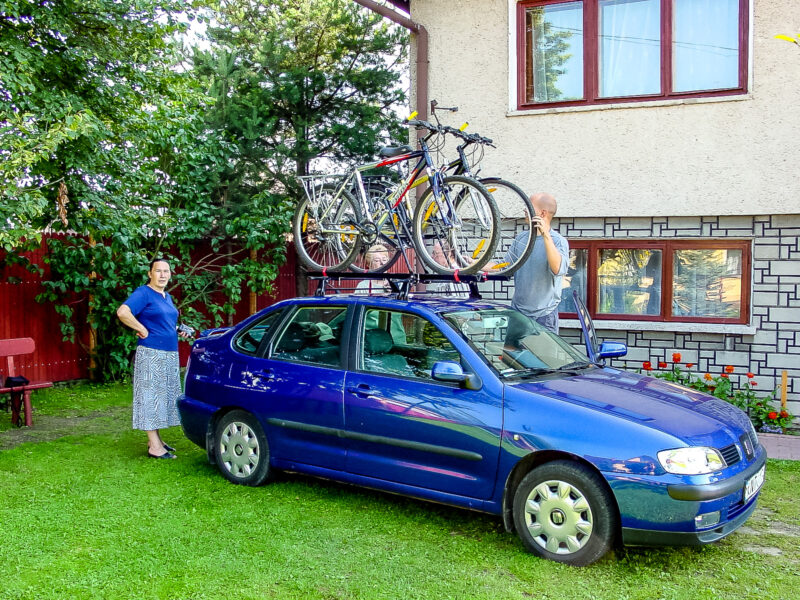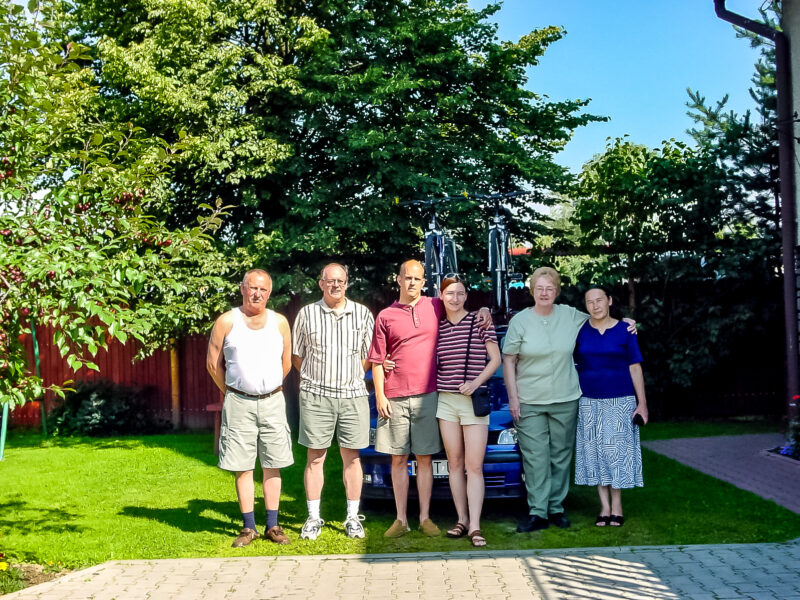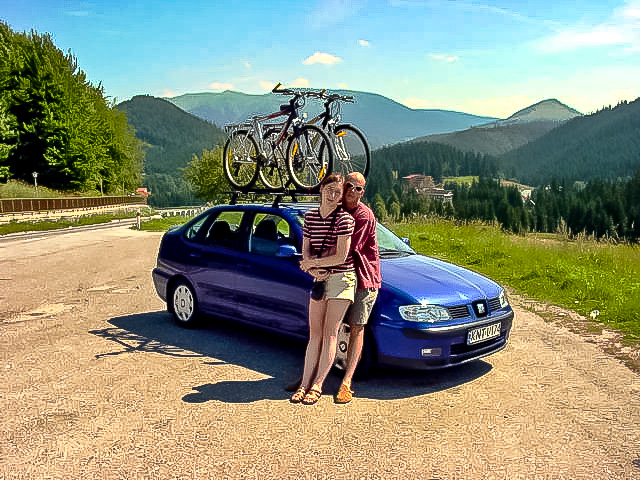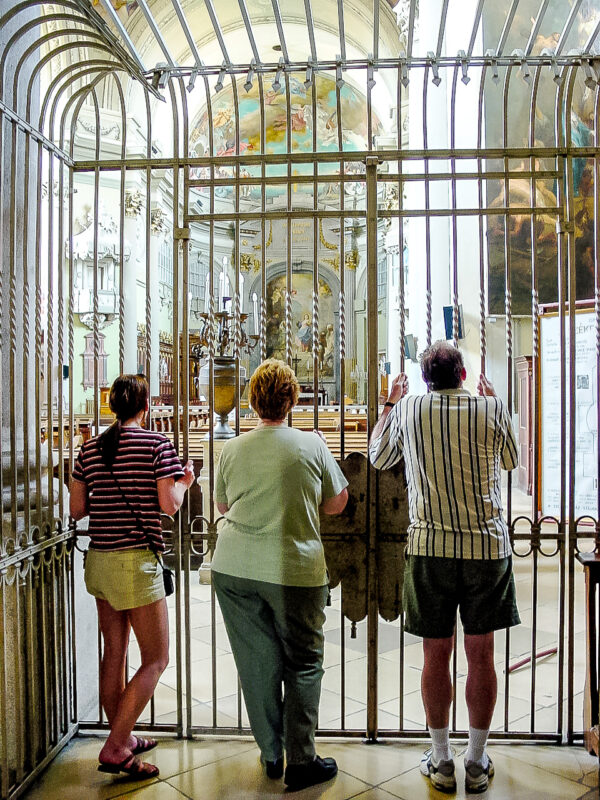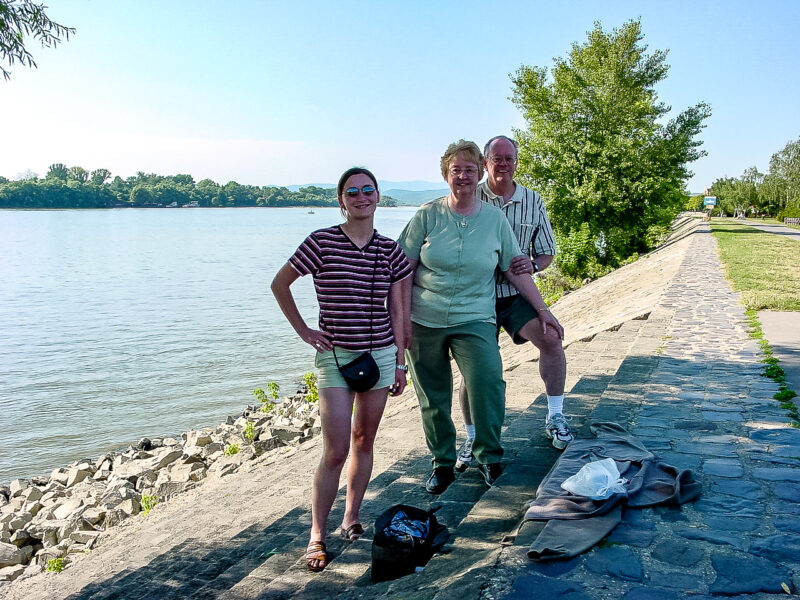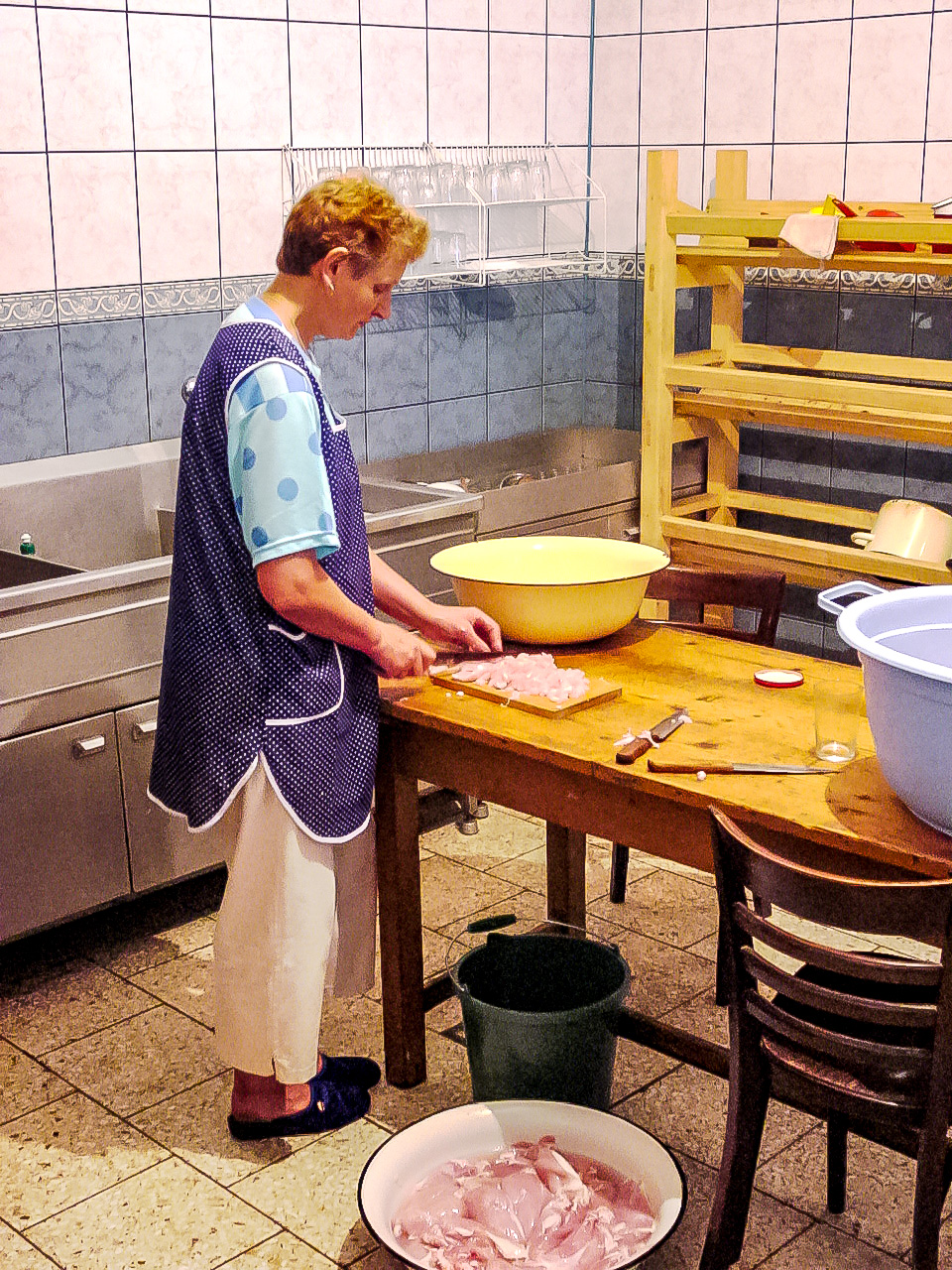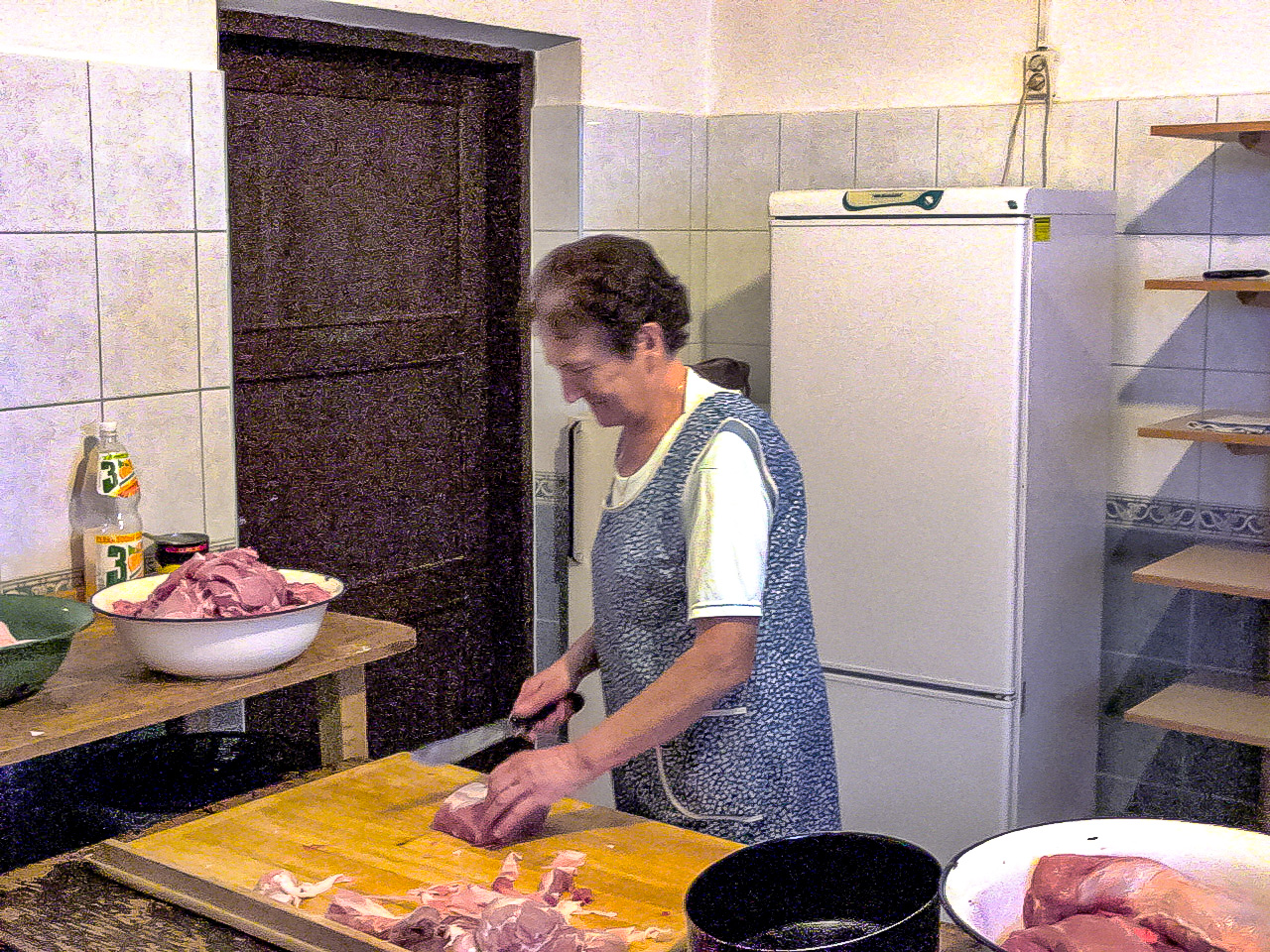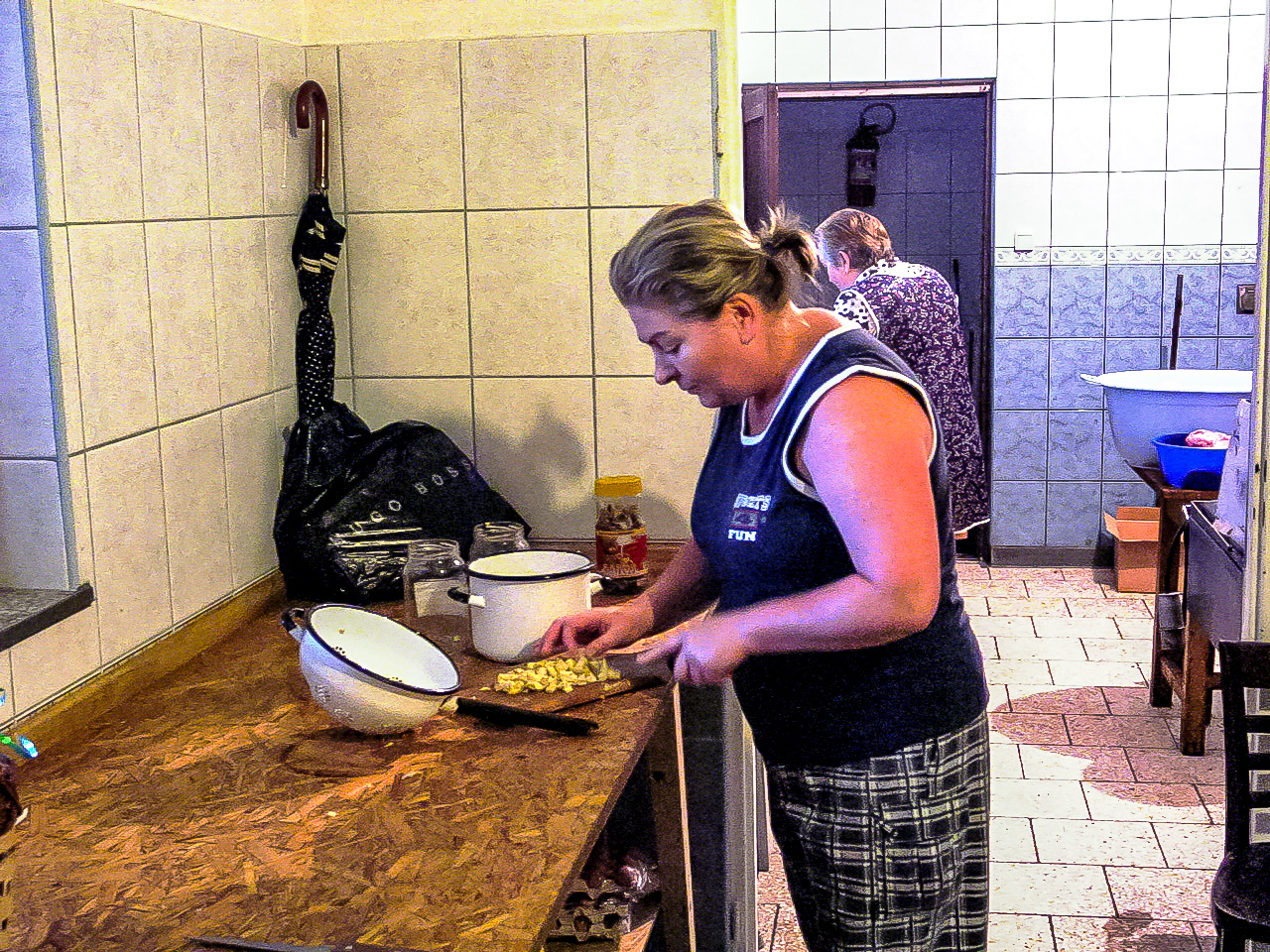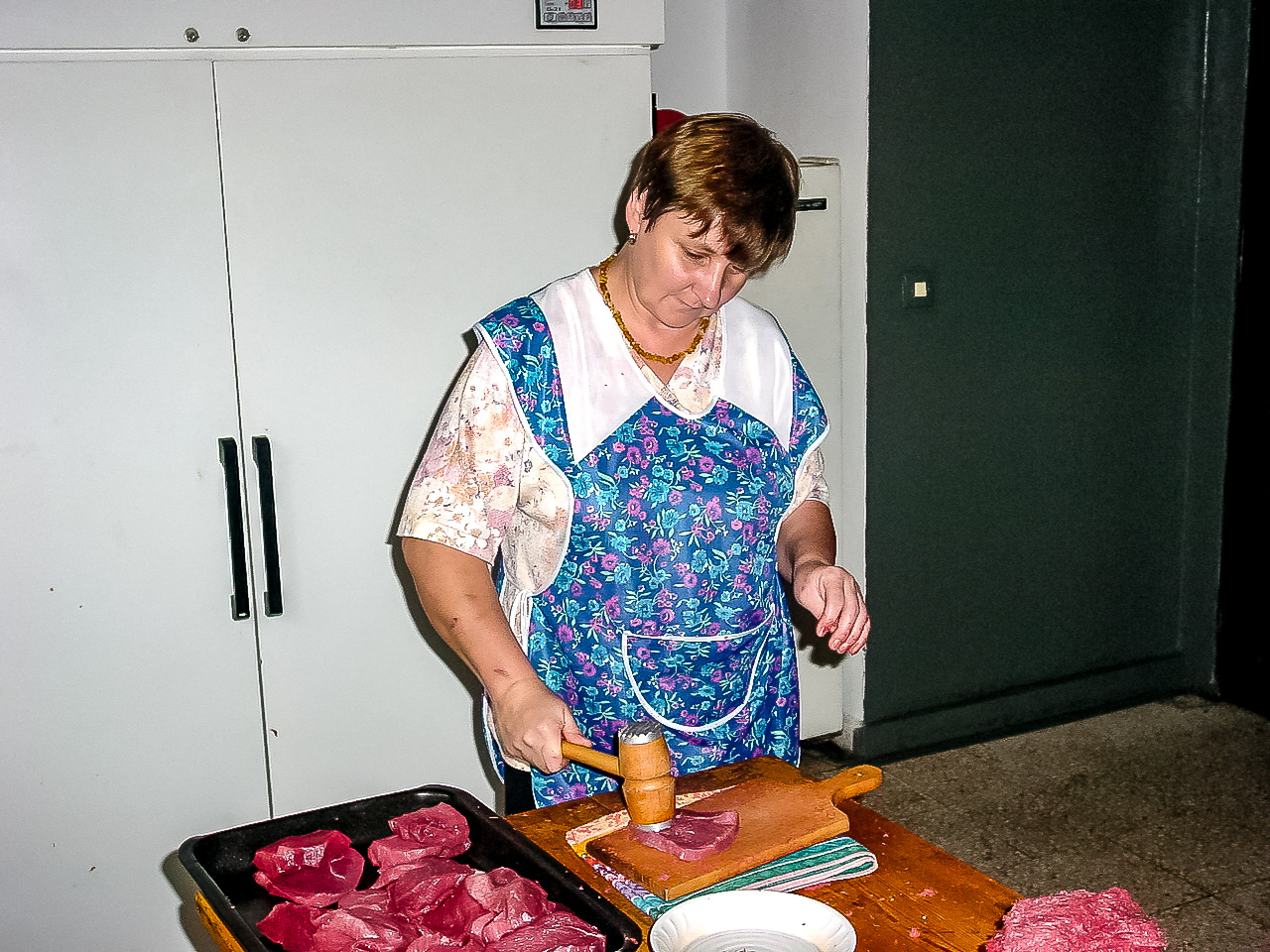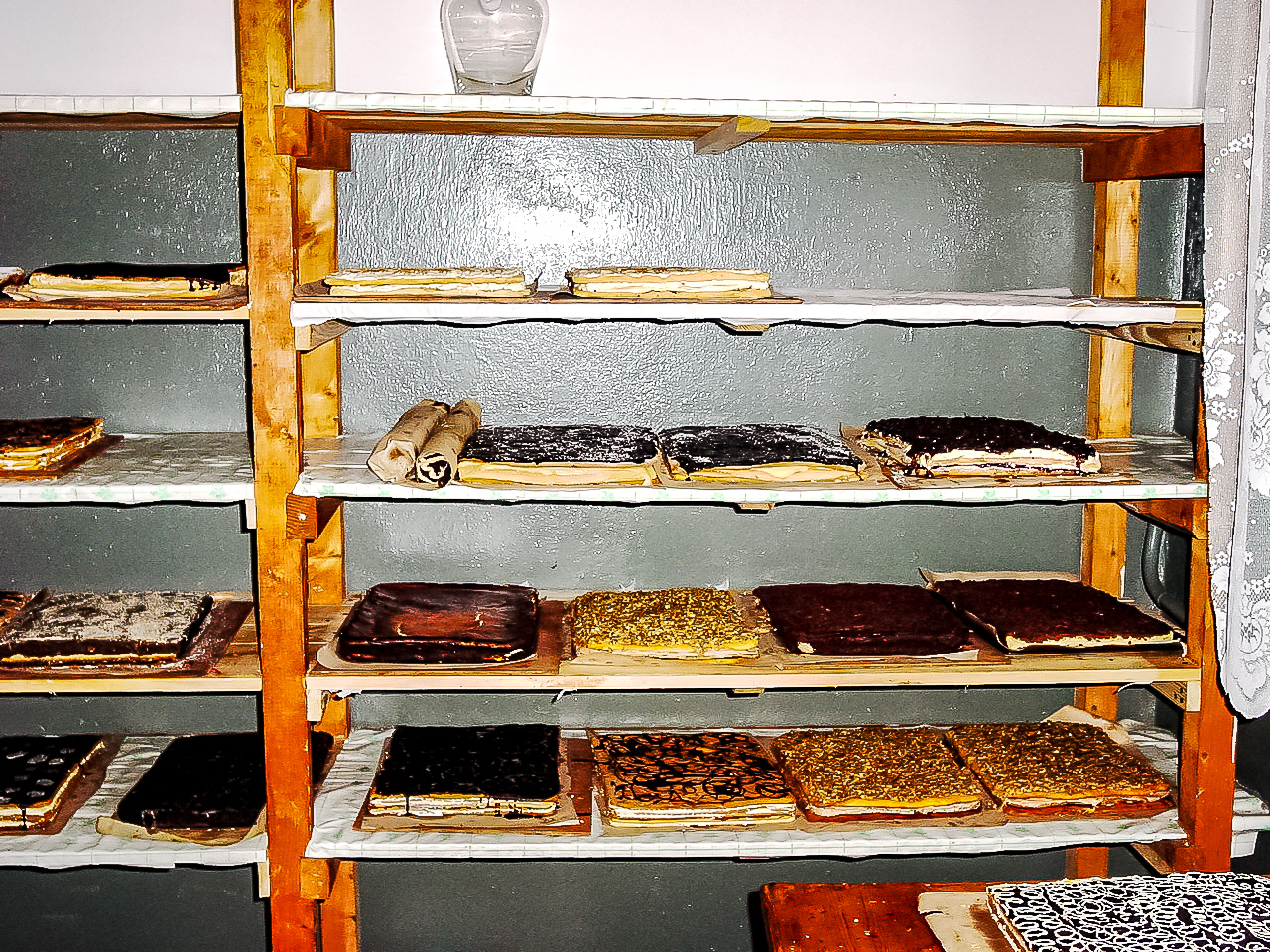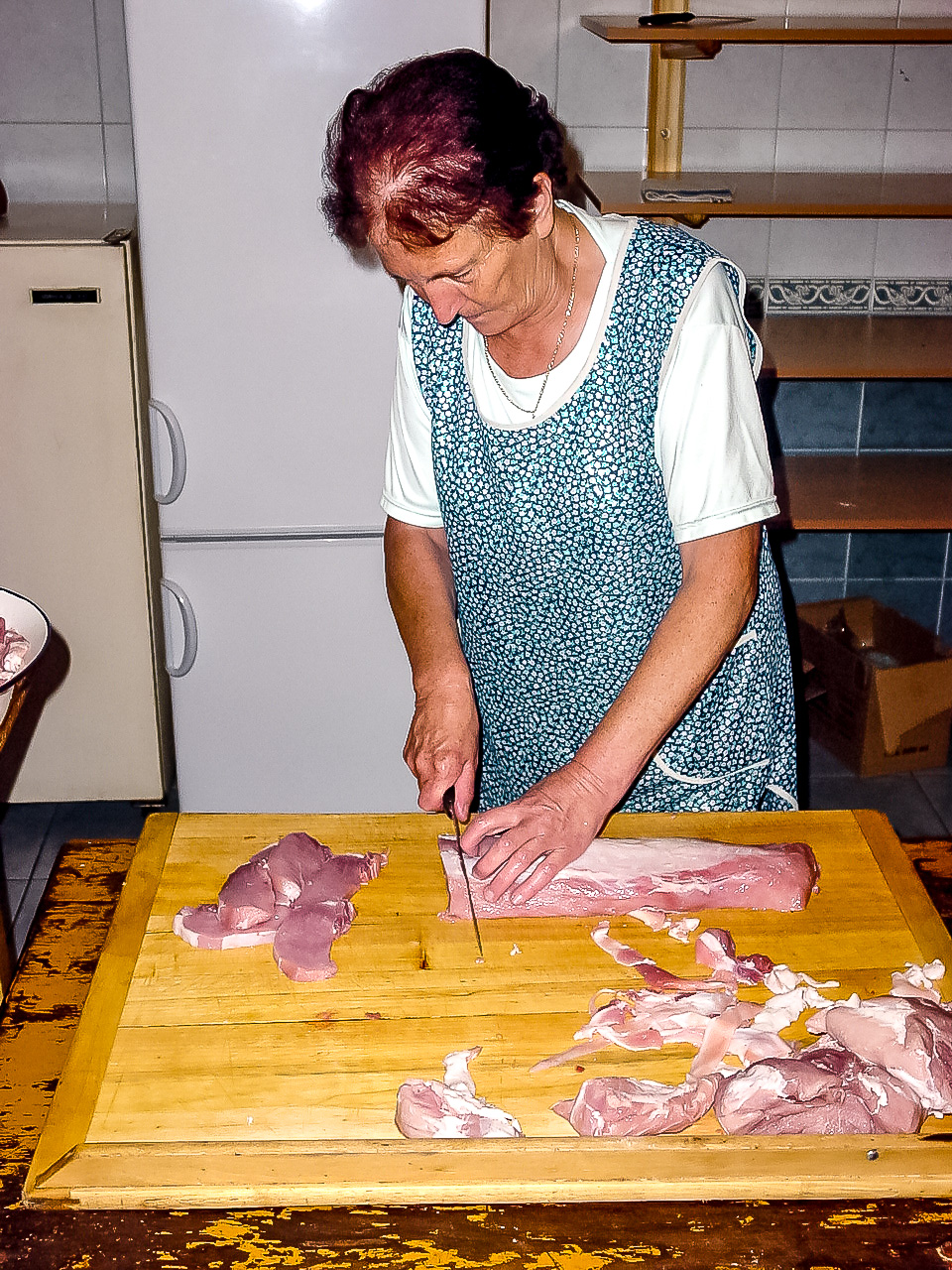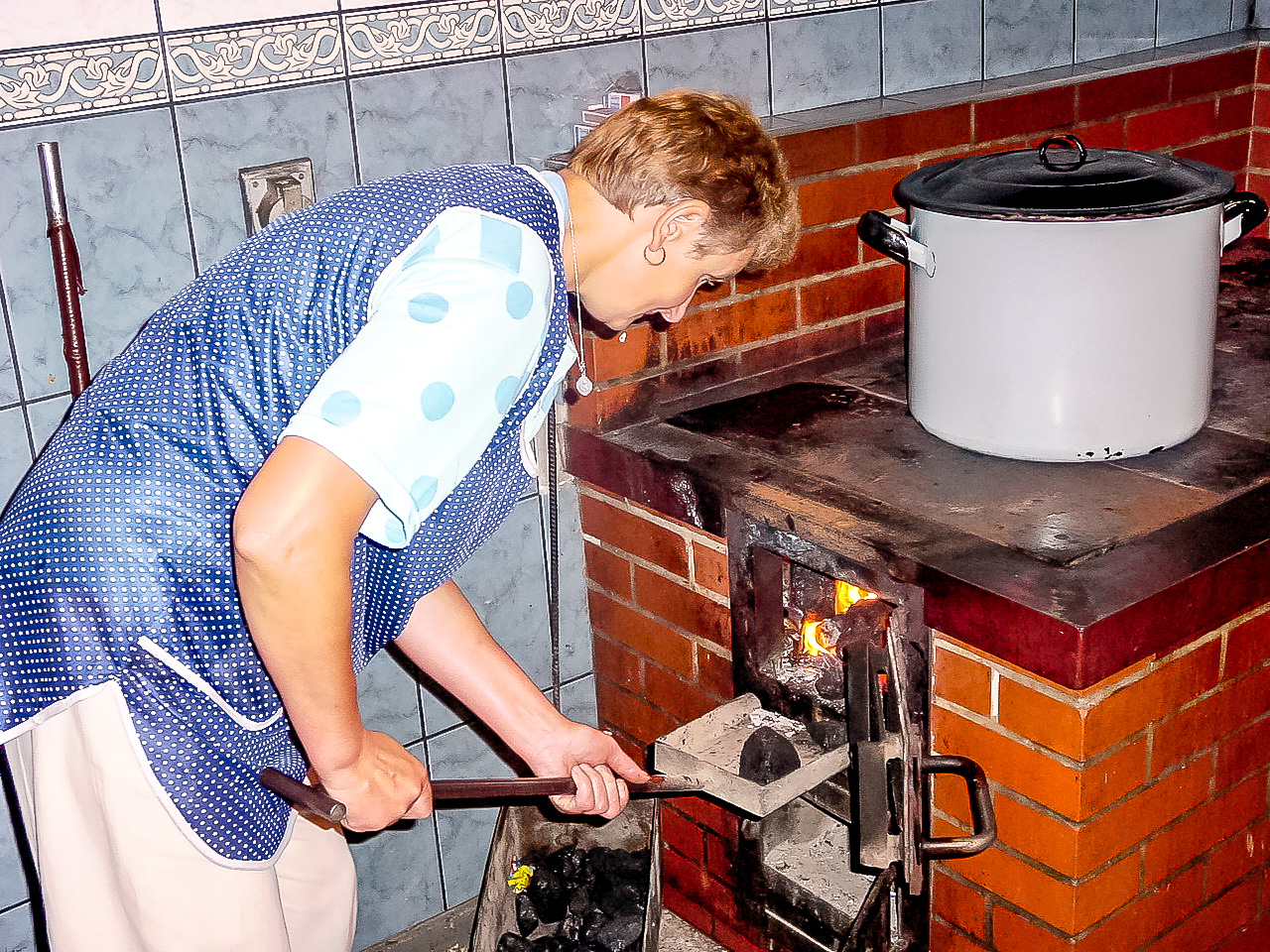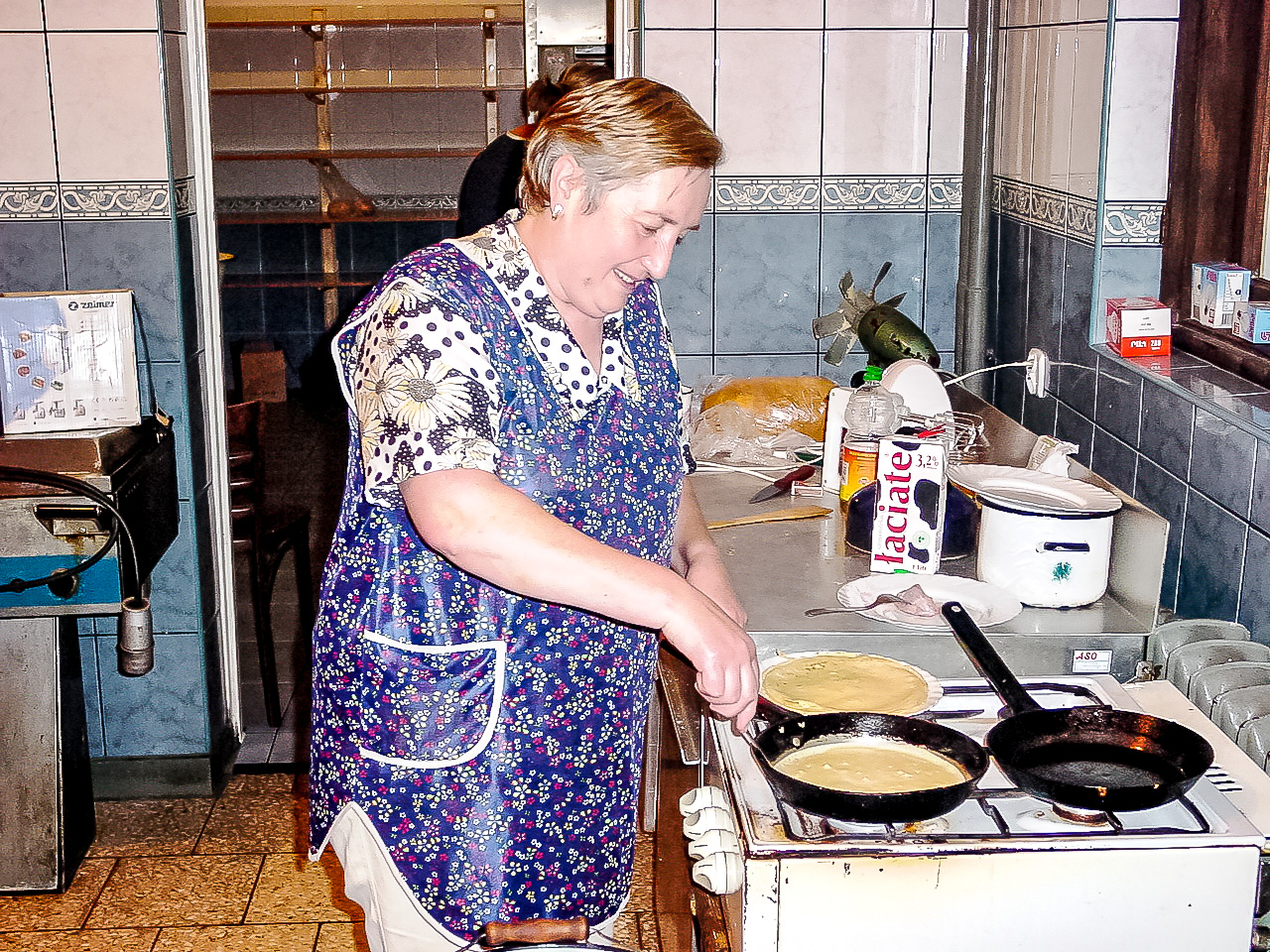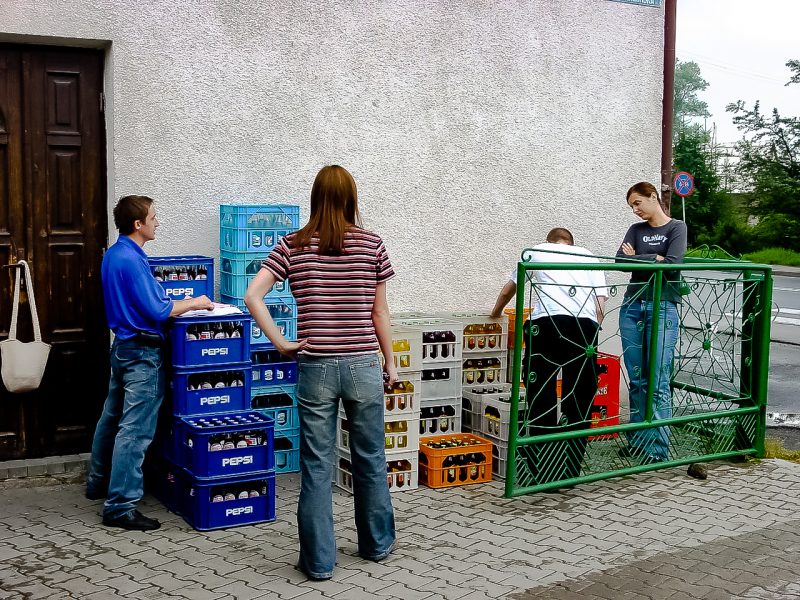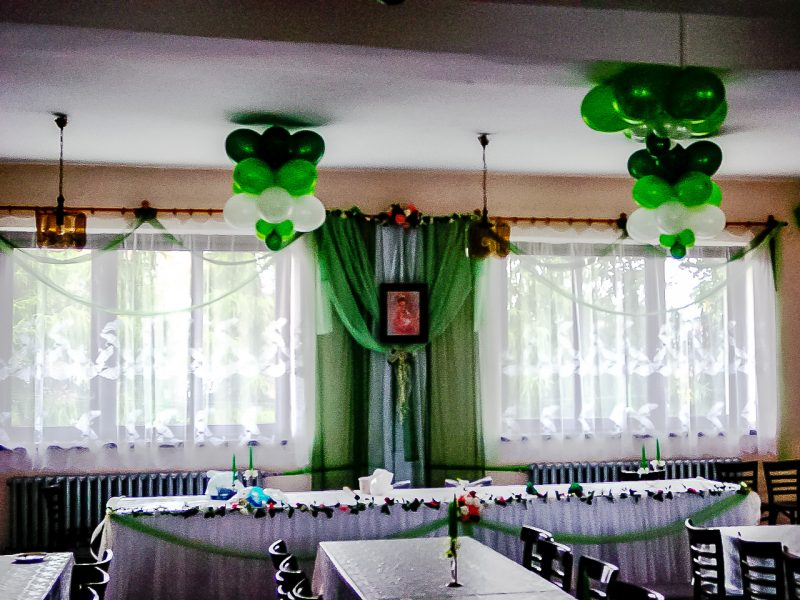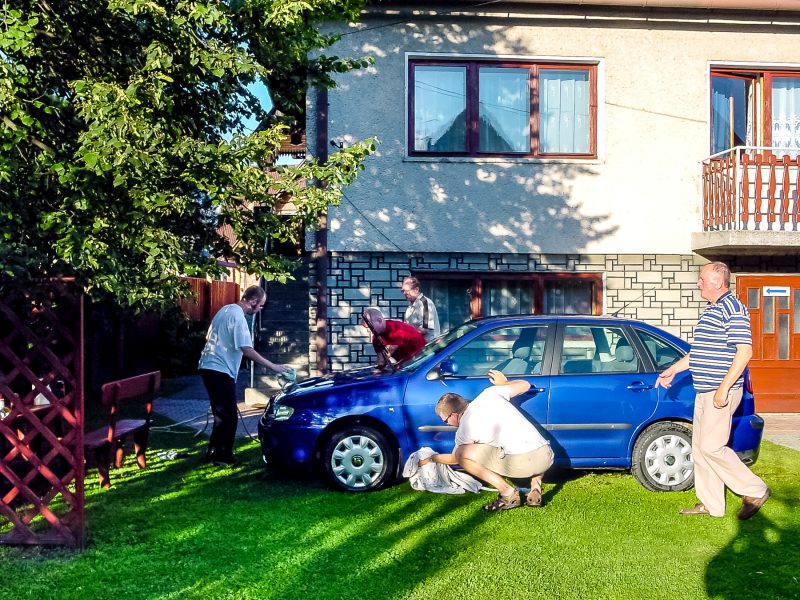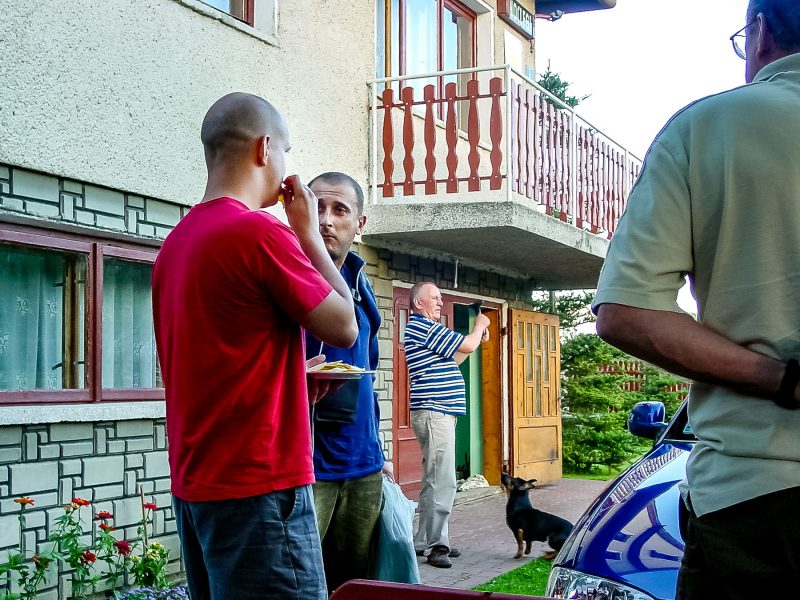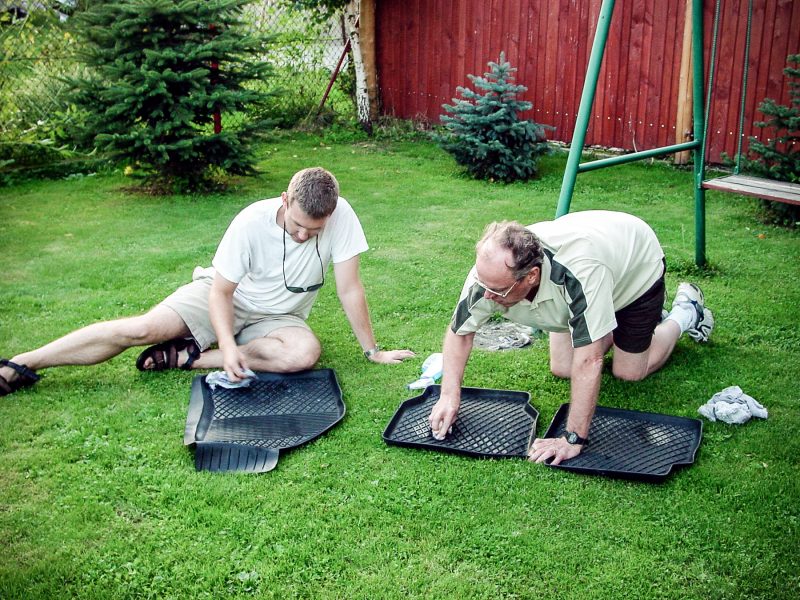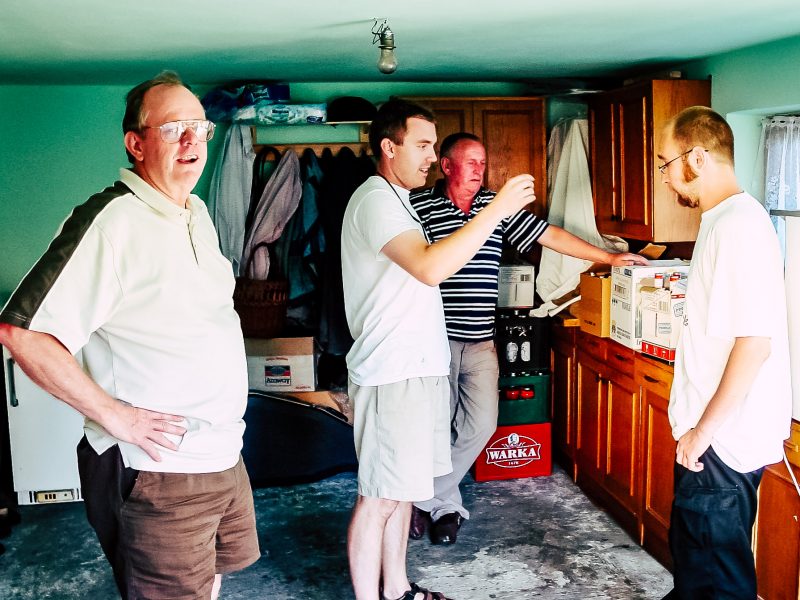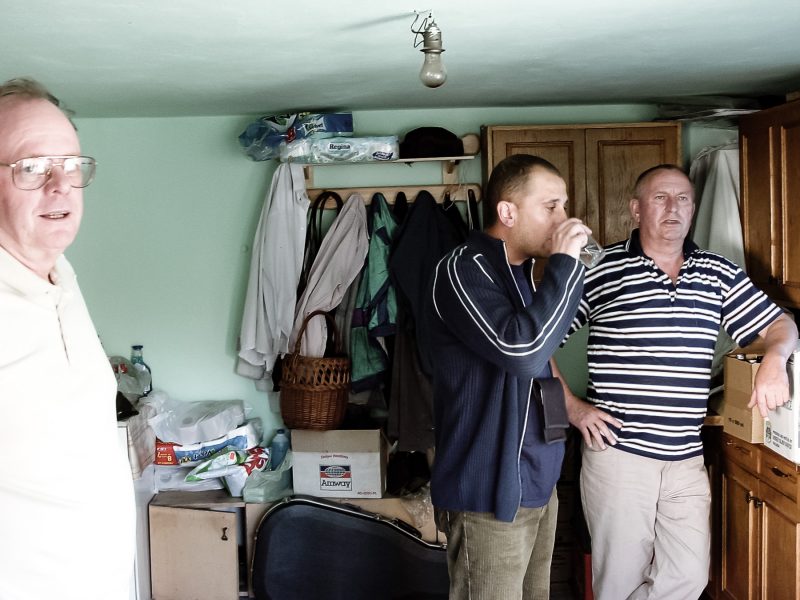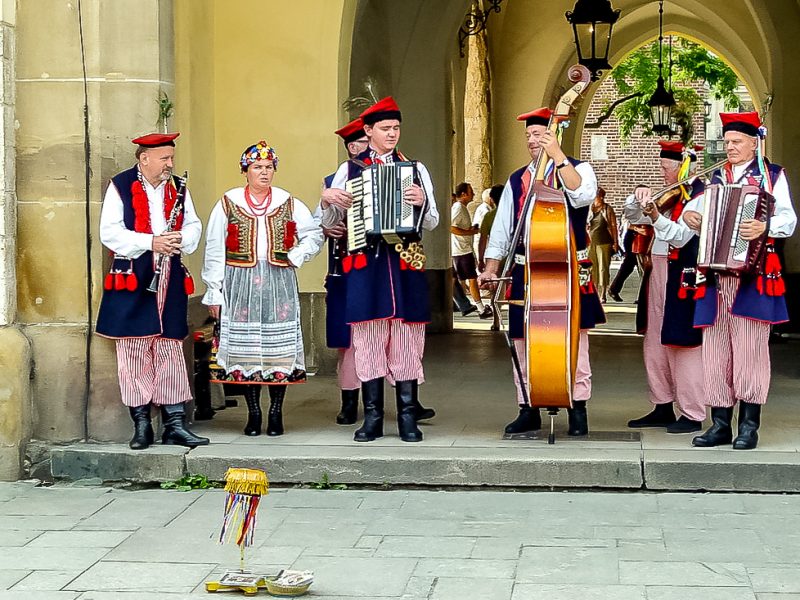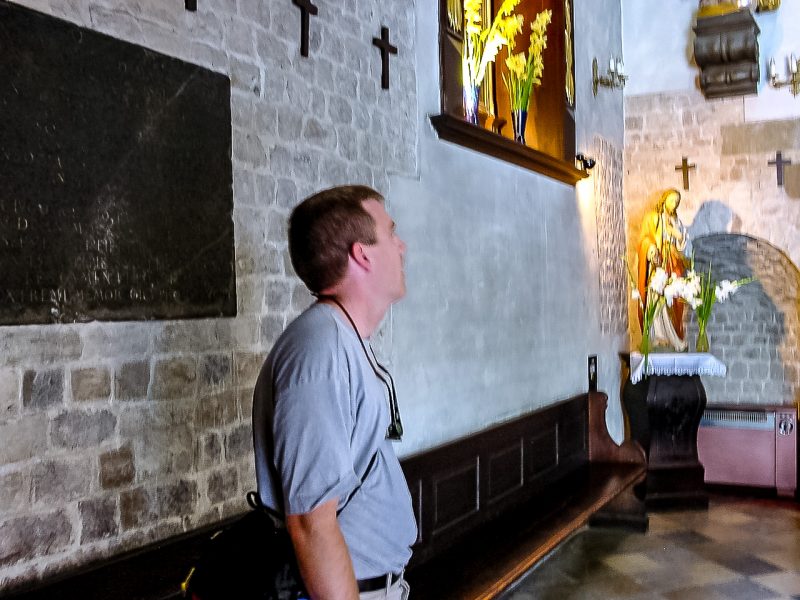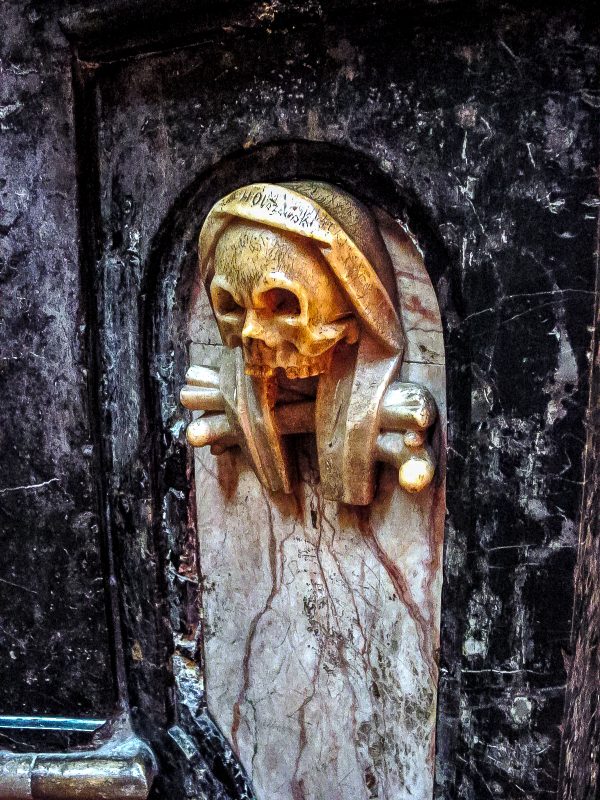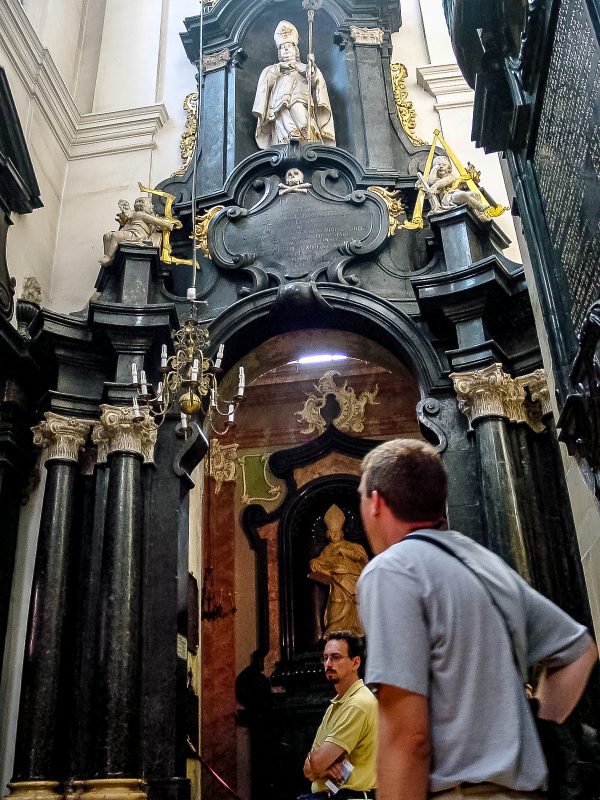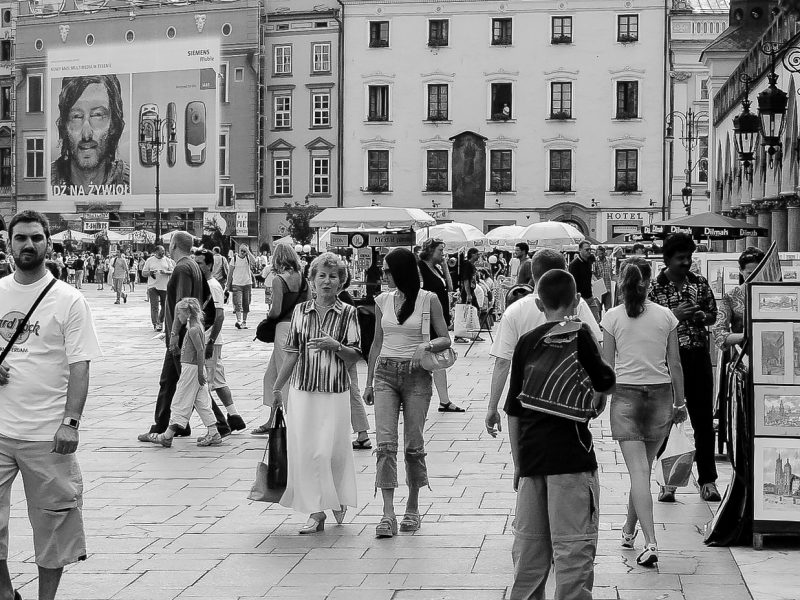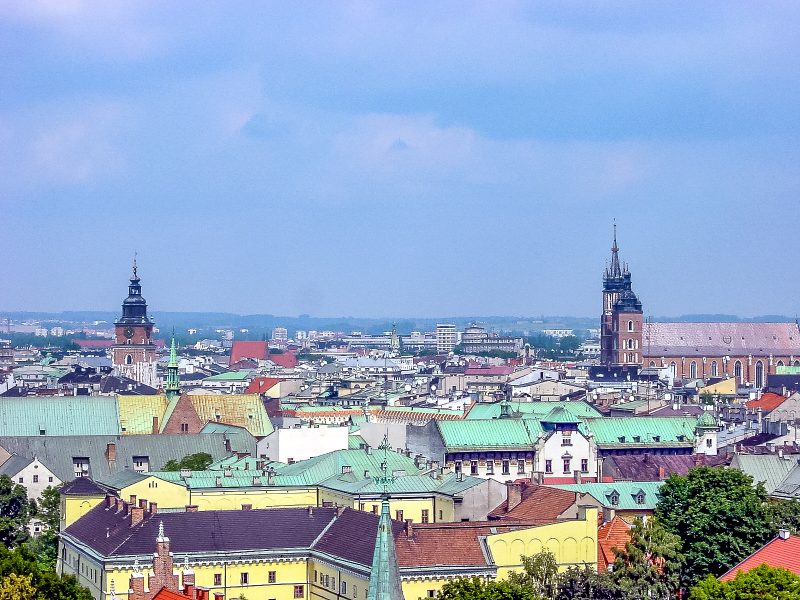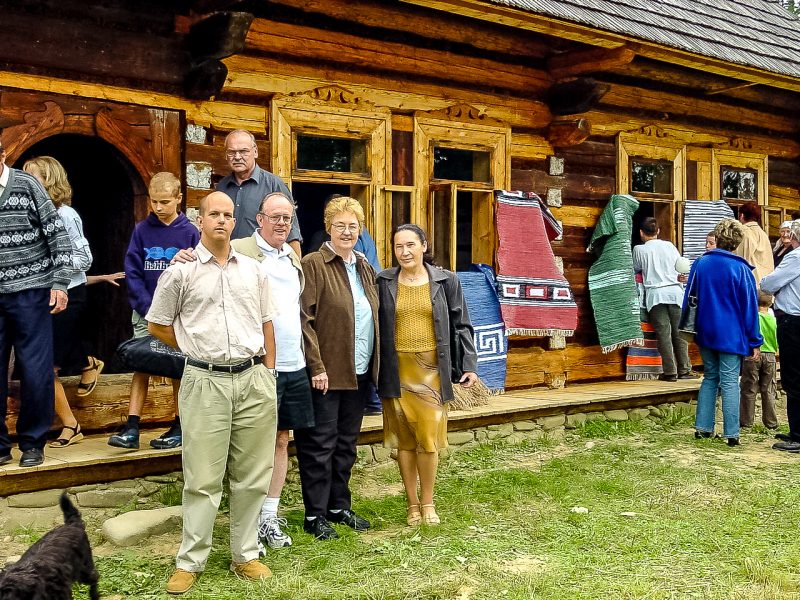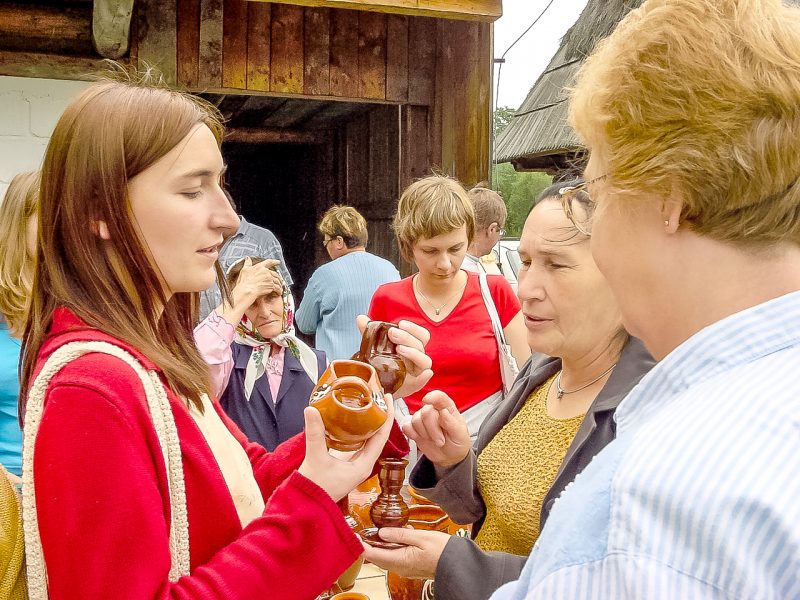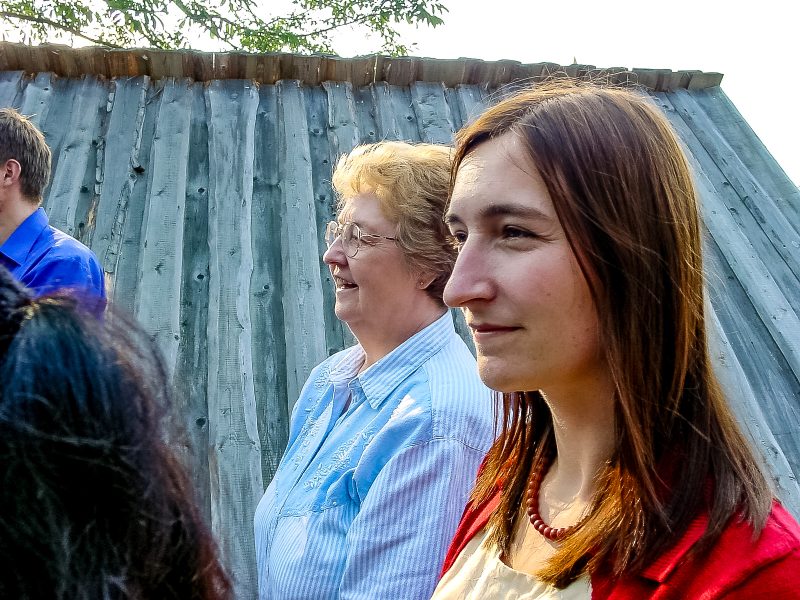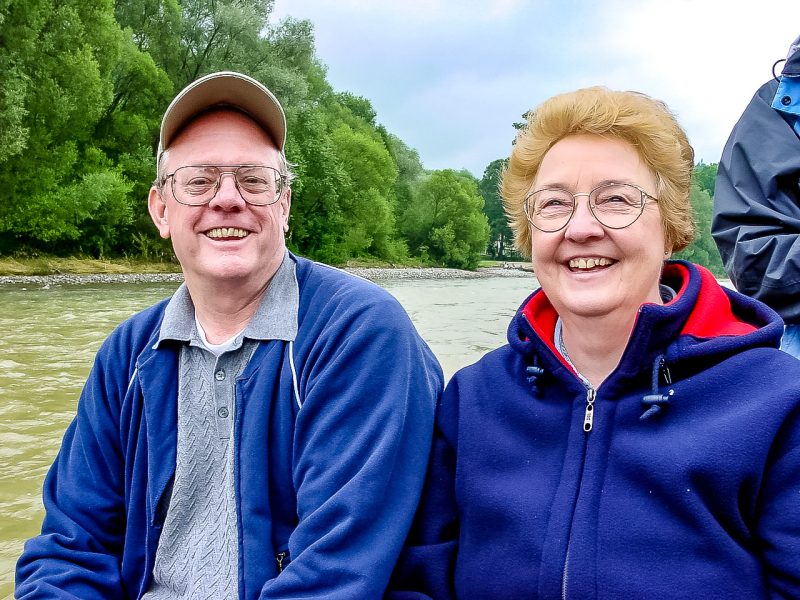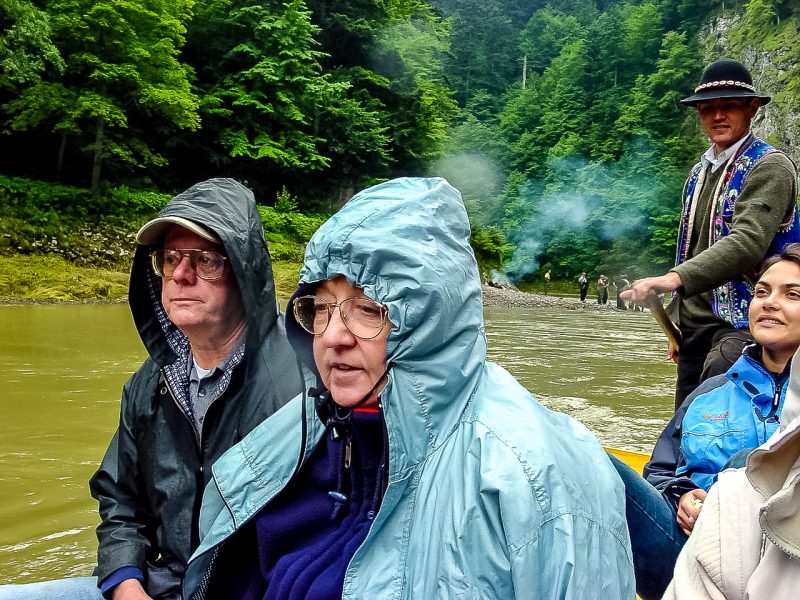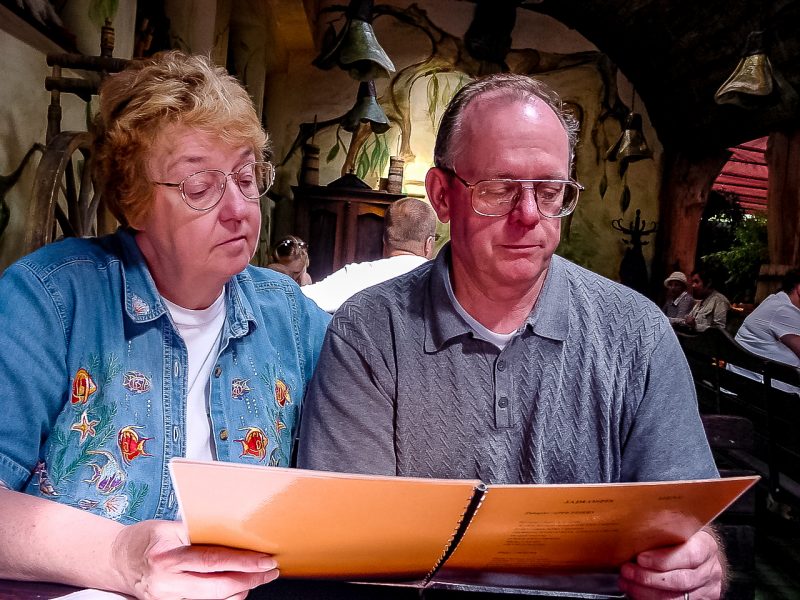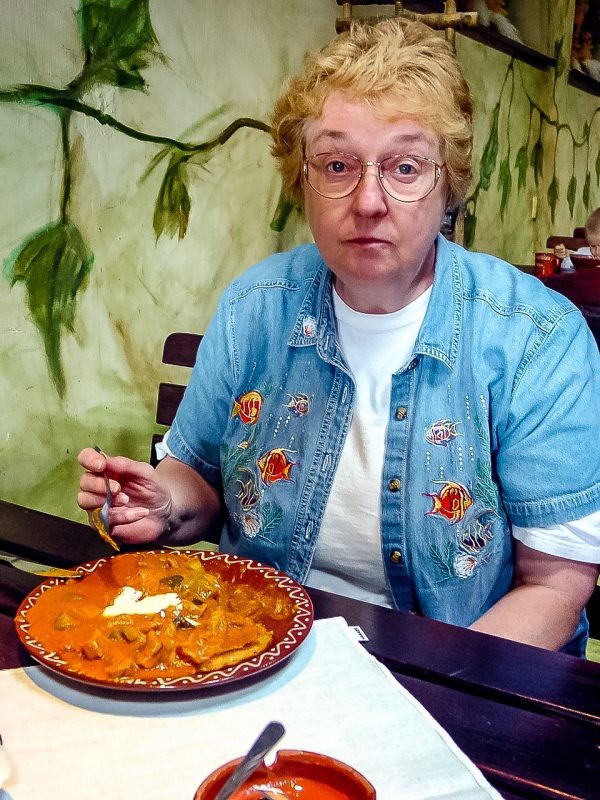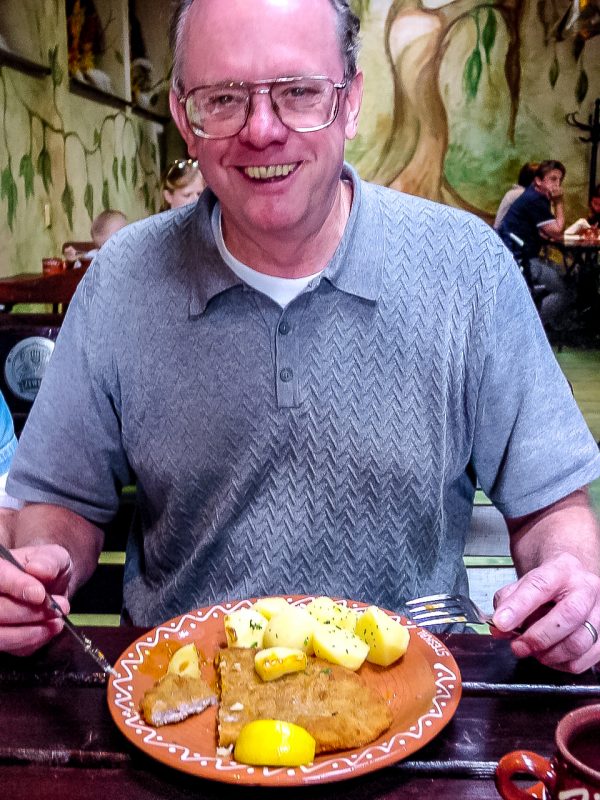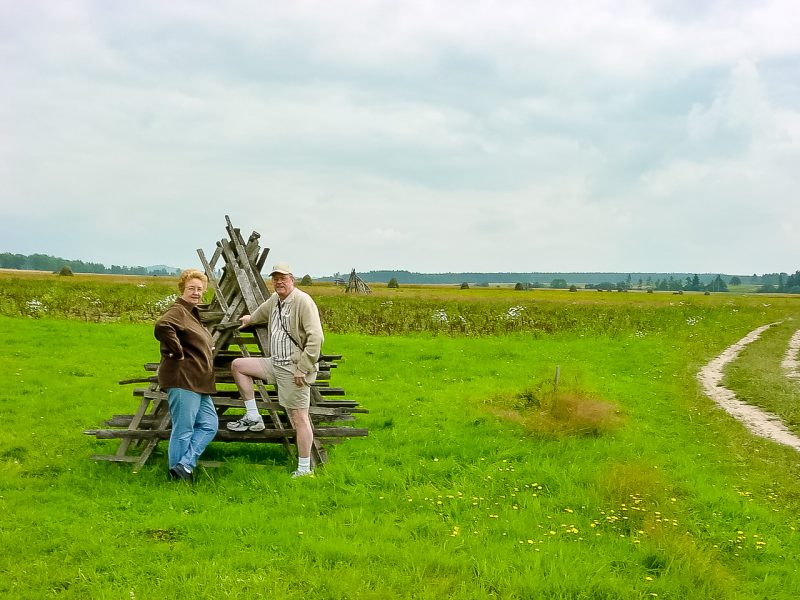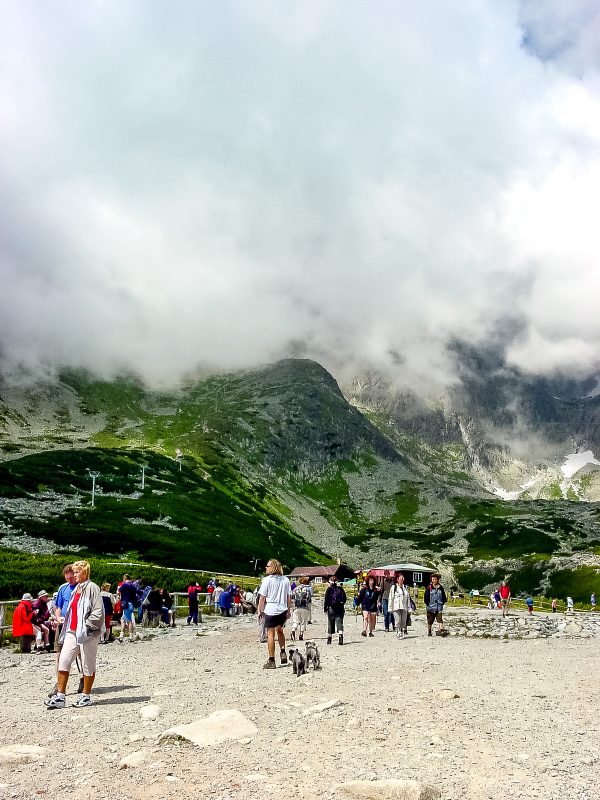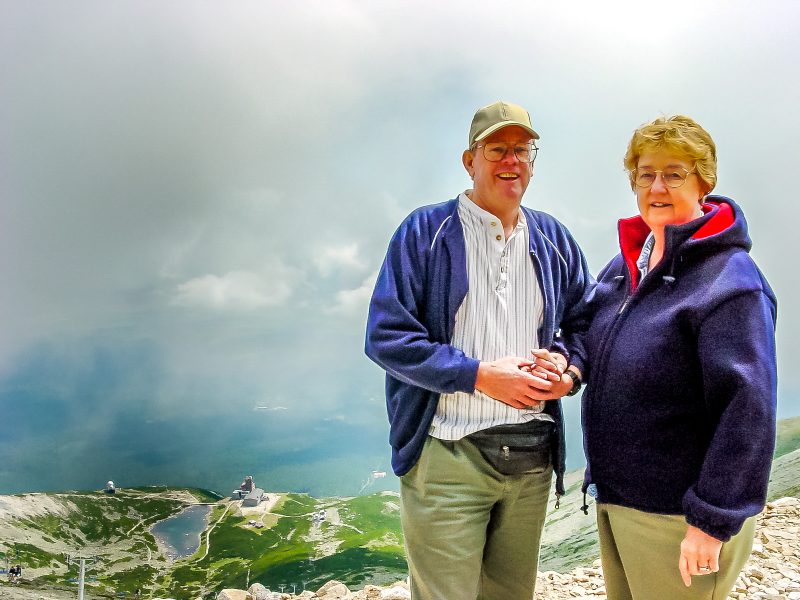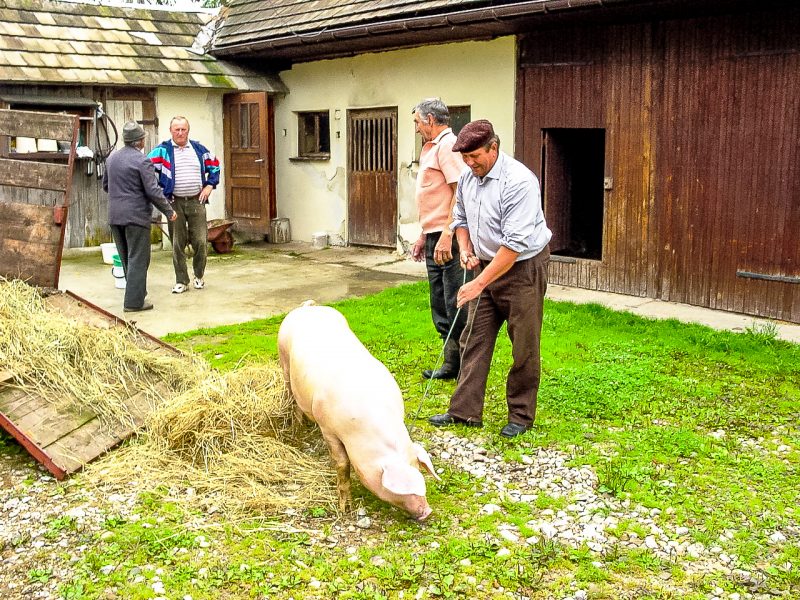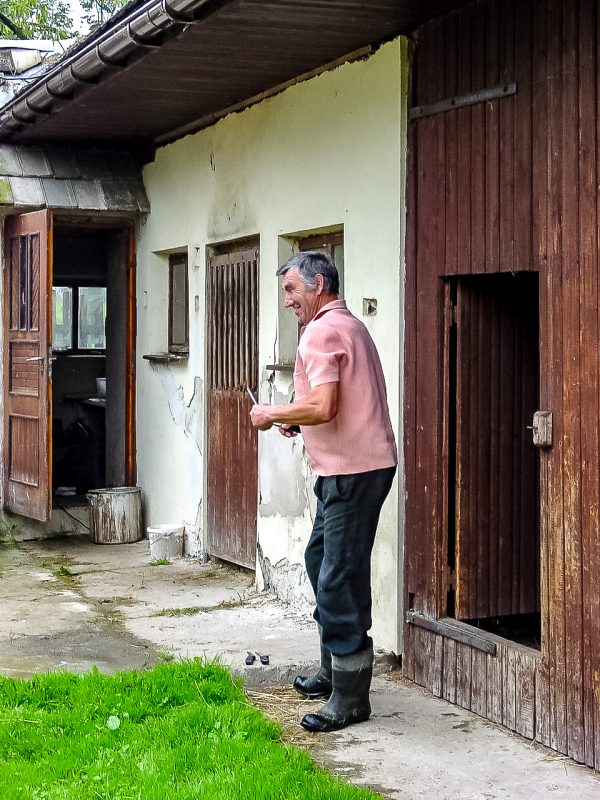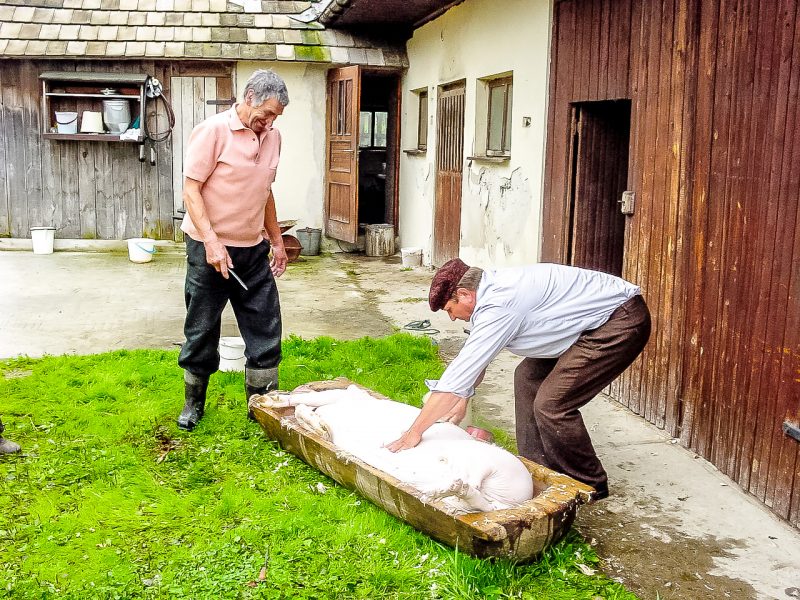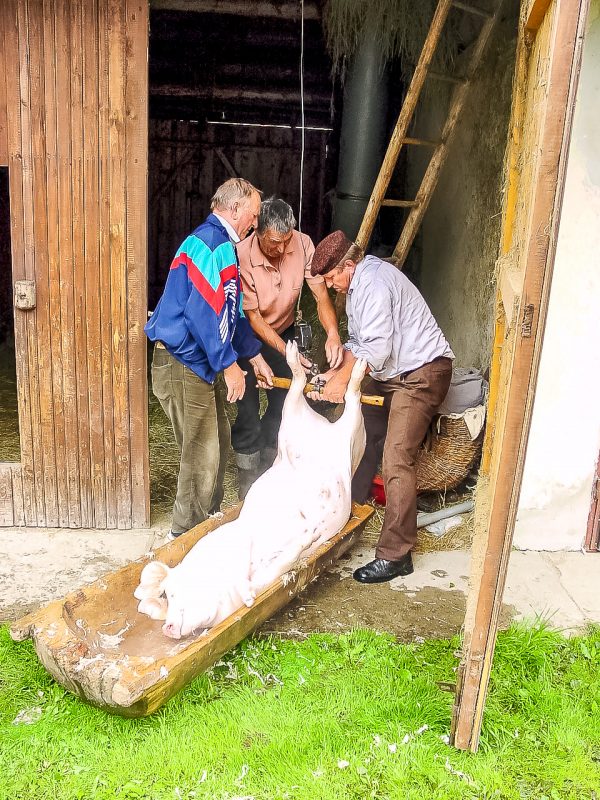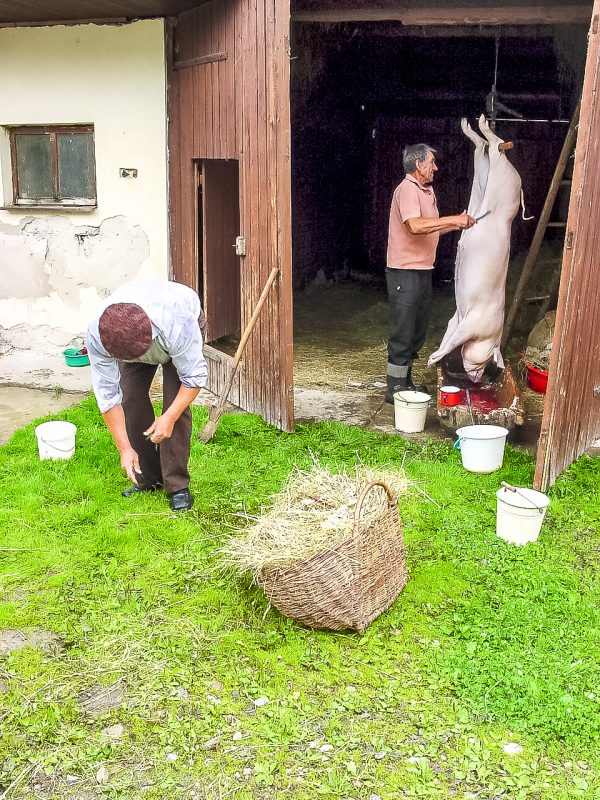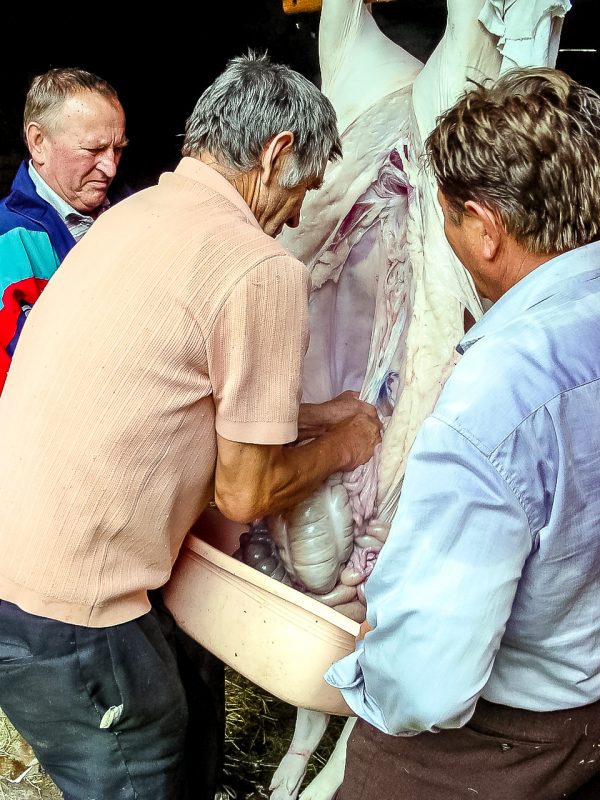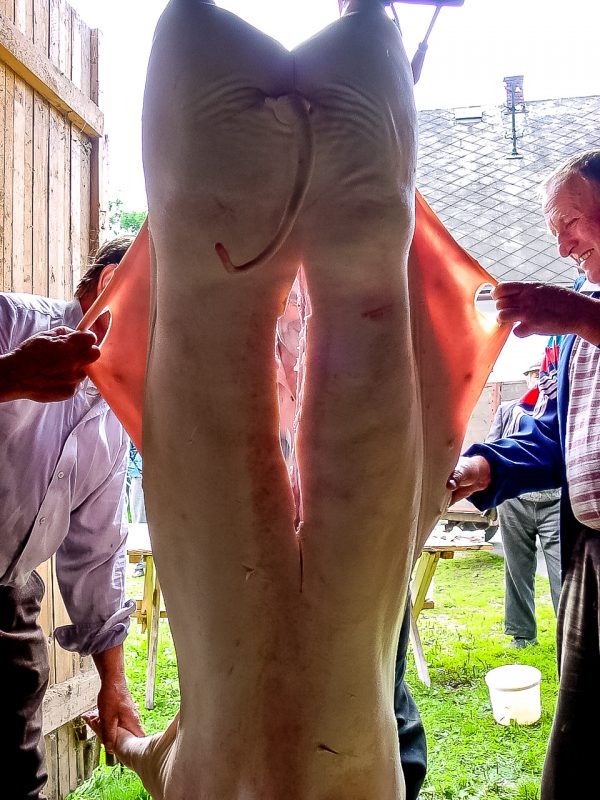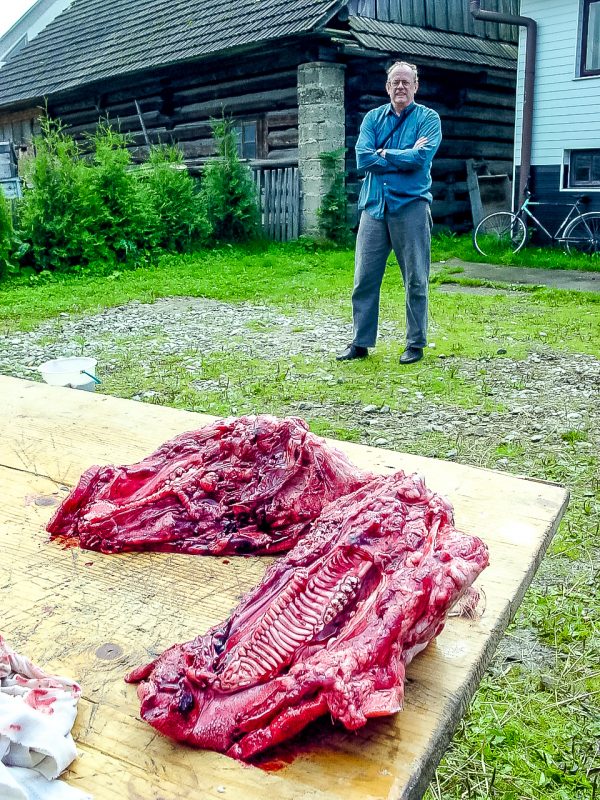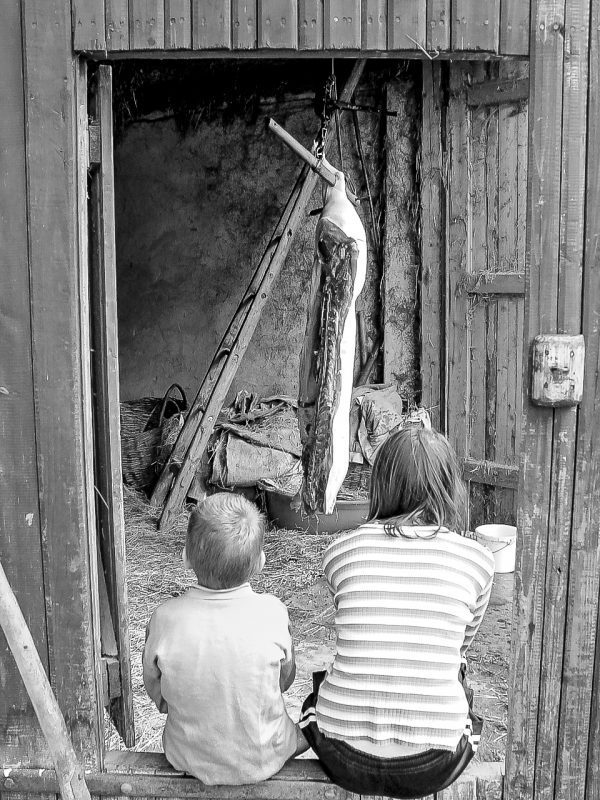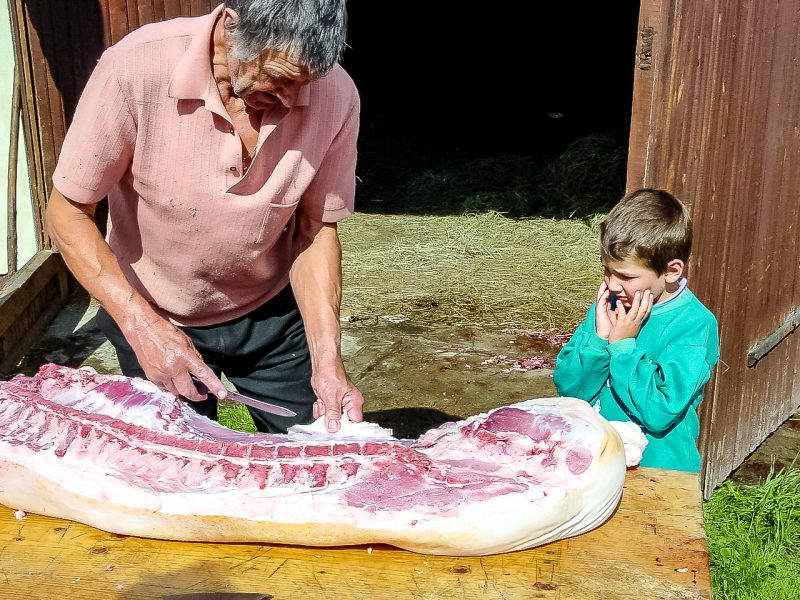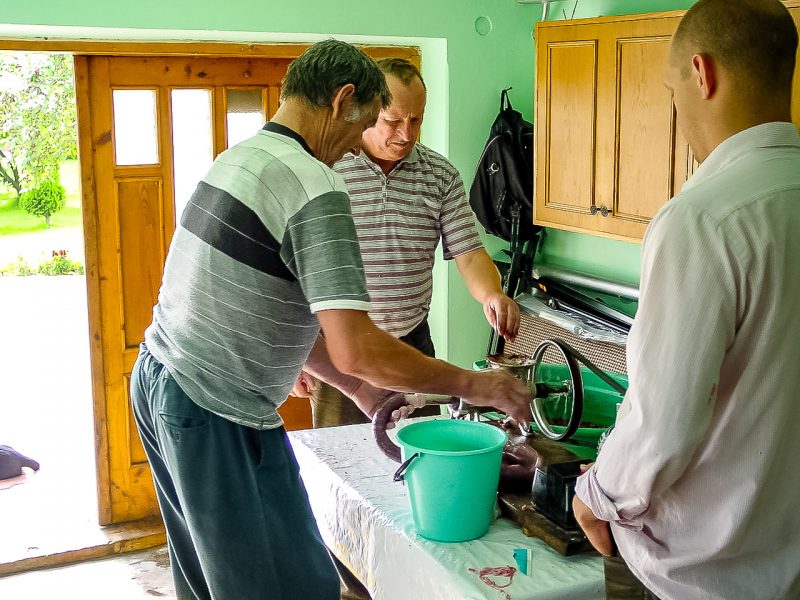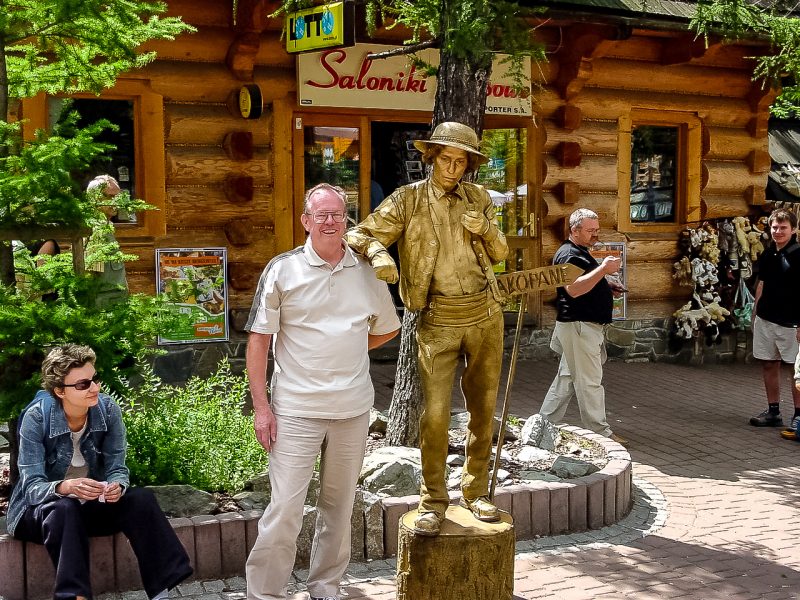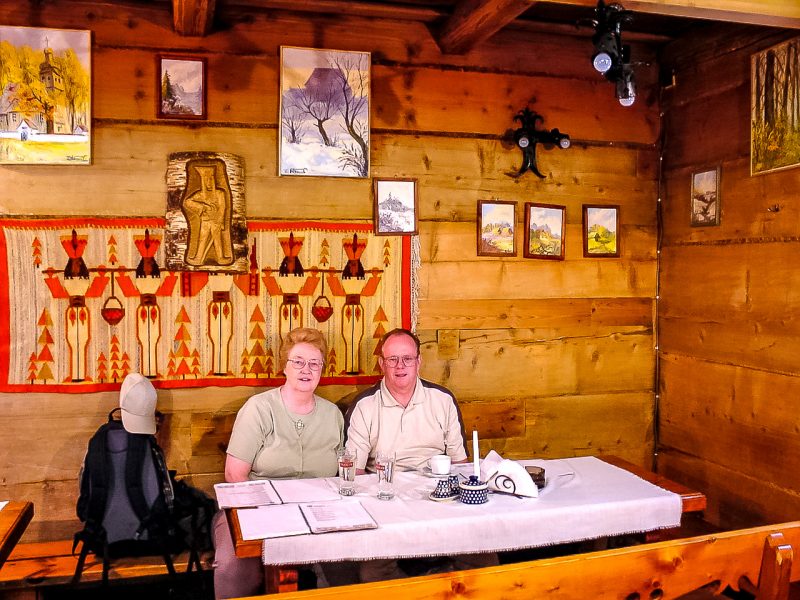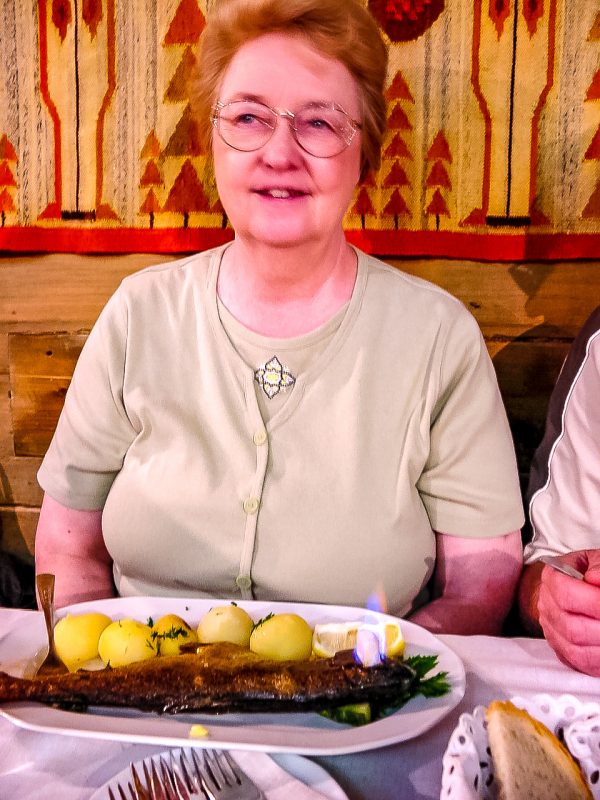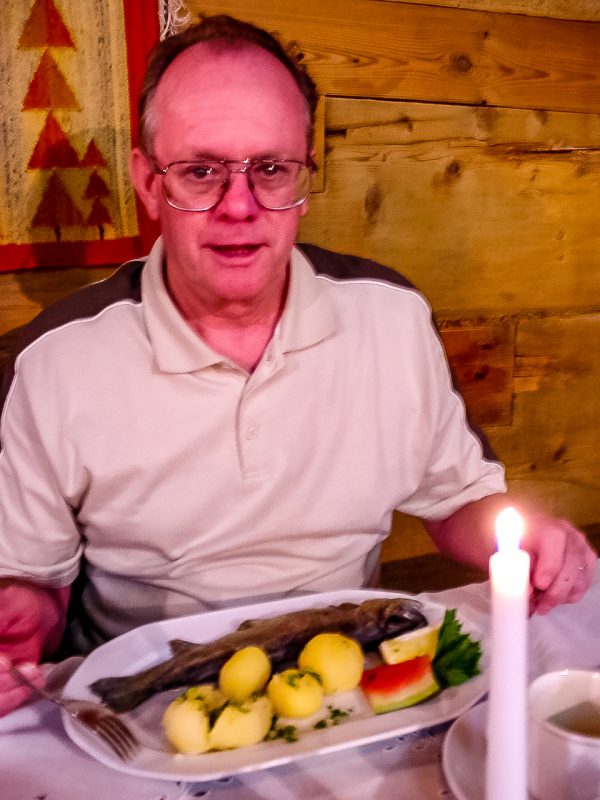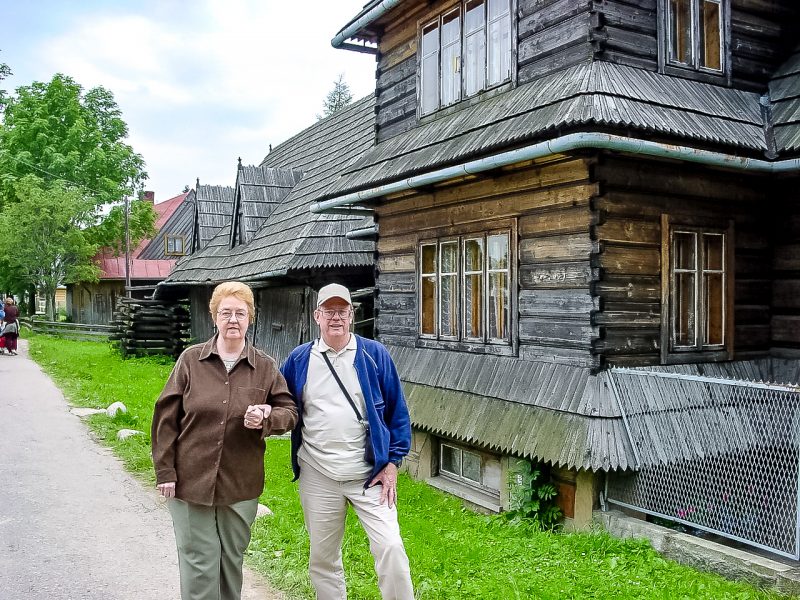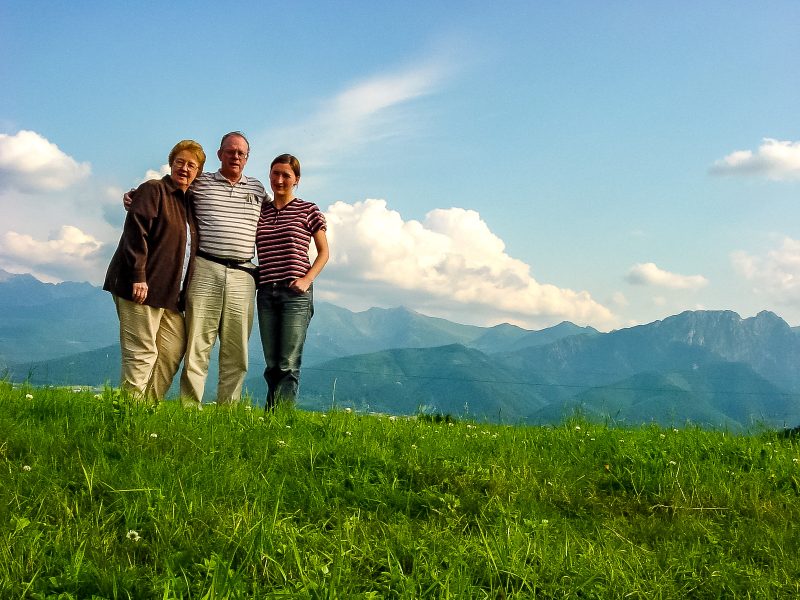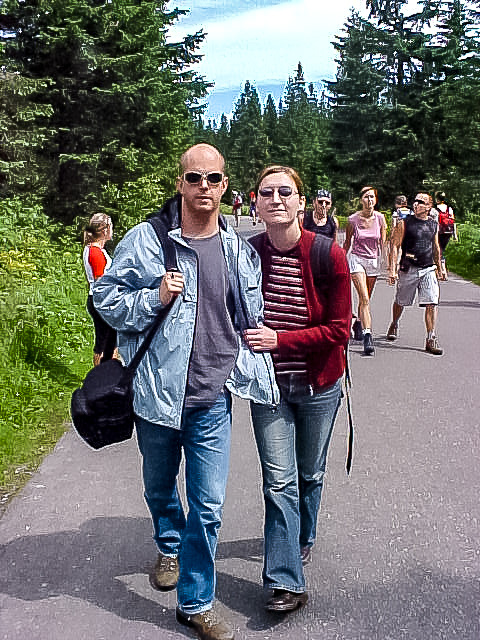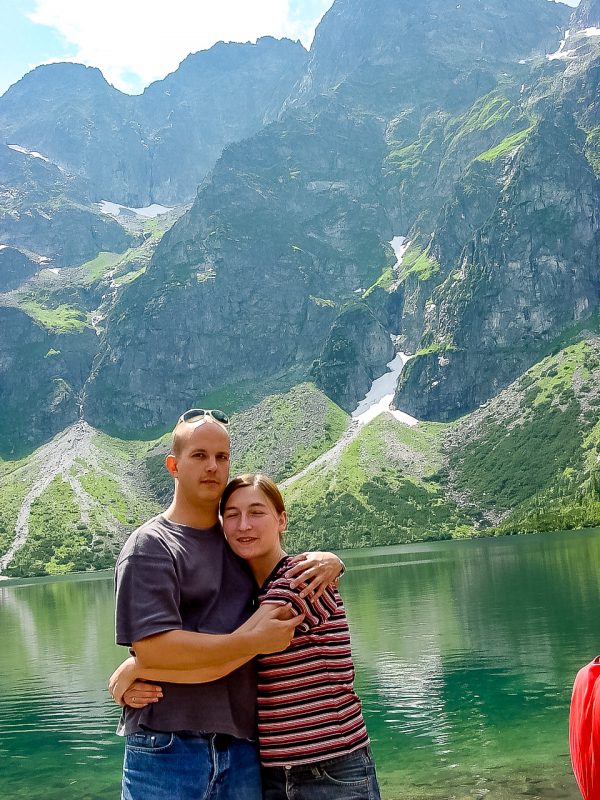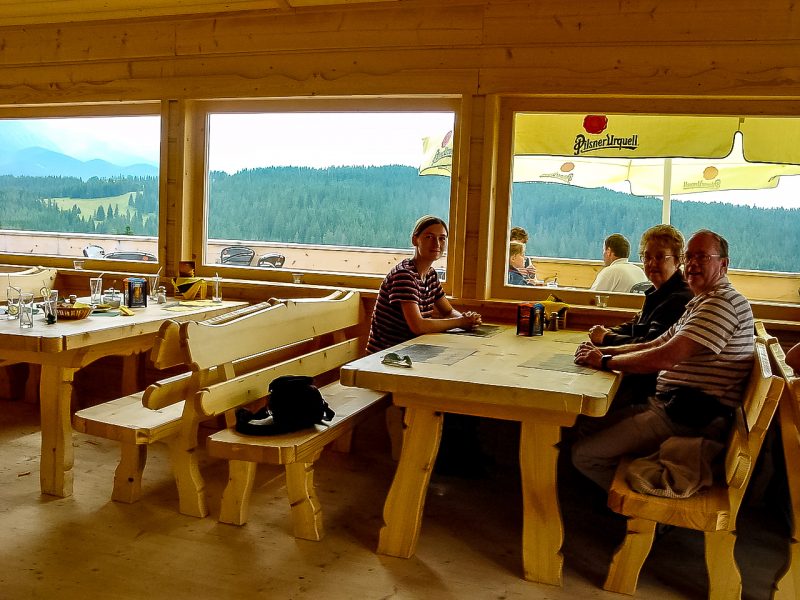I began reading The Case for Christ by Lee Strobel this week. My parents brought it to me in addition to the two books I’d requested. I’d read some reviews of it on Amazon, and the common complaint against it is that it doesn’t present the other side of the issue. There is a short chapter on the issues raised by the Jesus Seminar, but that’s about it other than occasional objections raised here and there by skeptics. I’ve no problem with this in a way, for the book is The Case for Christ and not Christ on Trial. In other words, even in the title it makes it clear that it’s presenting one side of the story.
One thing I do have a problem with is how much of the argument is based on something being “reasonable” or the alternative being “unlikely.” For example, “Given that Jesus’ followers looked upon him as being even greater than a prophet, it seems very reasonable that they would have done the same thing [(i.e., record his words accurately)]” (41, emphasis mine).
It’s often just conjecture. For example, concerning the casting of the demons into the swine, Strobel points out that Mark and Luke say it happened in Gerasa, with Matthew putting it in Gadara. After the scholar (Blomberg) suggests that one was a town and the other a province, Strobel adds, “Gerasa, the town, wasn’t anywhere near the Sea of Galilee.” Blomberg responds:
There have been ruins of a town that have been excavated at exactly the right point on the eastern shore of the Sea of Galilee. The English form of the town’s name often gets pronounced ‘Khersa,’ but as a Hebrew word translated or transliterated into Greek, it could have come out sounding something very much like ‘Gerasa.’ So it may very well have been in Khersa — whose spelling in Greek was rendered as Gerasa — in the province of Gadara (46, 47).
Goodness — proper understanding of the Bible requires knowing how people could have transliterated or misspelled words! Isn’t the Bible of divine origin? How could this happen?
This issue of divine origin comes up again when discussing the consistency between the gospel accounts. Blomberg says,
My own conviction is, once you allow for the elements I’ve talked about earlier — of paraphrase, of abridgement, of explanatory additions, of omission — the gospels are extremely consistent with each other by ancient standards, which are the only standards by which it’s fair to judge them (45).
The only standards? How about the standard of them coming from a supposedly omnipotent, omniscient source? Of course, apologists like to conjecture that if there was perfect consistency between the gospels, that would be suspect in itself. Perhaps, but there is such a level of inconsistency on basic issues (who saw the resurrected Jesus first, for example).
In some ways, the book is strangely persuasive. I guess it comes from this strange, nonsensical desire to believe again. A childish desire, I suppose — and Christians wouldn’t deny that. “Unless you become like a child” and all that.
